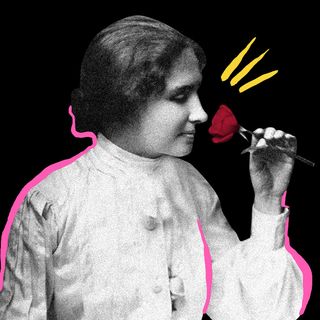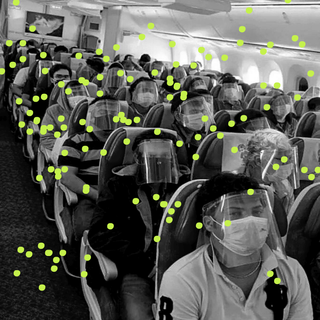Nation-wide lockdowns and a slew of restrictions put in place to address the global pandemic have resulted in more risk-taking behavior among people, a European study has found.
Published in Nature’s Scientific Reports, the study analyzed the impact of restrictions aimed at limiting the spread of Covid19 on people’s conscious and unconscious thinking. Using a series of questionnaires, the researchers evaluated and compared the cognitive capacities (the amount of information our brains are able to retain at a particular moment) of 5,000 test-subjects from Spain, Italy, and the U.K. The data reflected the magnitude of negative consequences people had faced due to the lockdown.
The findings showed people mostly experienced four types of shocks due to pandemic-related protocols: the occurrence of stressful events, labor market shock, health shock, and mental health shock. The questionnaires helped them assess the impact of these shocks on people, and they found that people affected by the shocks experienced a diminished cognitive capacity, made riskier decisions, and underwent reduced civic-mindedness.
Related on The Swaddle:
Passengers Not Masking Properly Should Be Kicked Off Flights, Added to No‑Fly List: Delhi HC Judge
“Instead of being more careful because they were in a pandemic, they were taking risks, because they couldn’t take it anymore,” Professor Francisco Lupiáñez-Villanueva, from the Open University of Catalonia in Spain, who was involved in the study, said in a statement. She added that the same people wanted “those who did not wear masks, or evaded restrictions to be punished, even though they themselves were more likely to make riskier choices.”
Experts note that the longer someone is asked to stay isolated, the more inclined they are to breach the isolation. Earlier during the pandemic, a Lancet study found that prolonged periods of social isolation can lead to depression, anxiety, and post-traumatic stress symptoms arising out of loneliness, frustration, and boredom — distressing the participants, and prompting them to break the rules.
Speaking to the media about the present study, the researchers also admitted to making another interesting discovery: the pandemic had made people more impulsive — they sought more immediate benefits and made more on-the-spot decisions. “It seemed as if the world was coming to an end and people preferred to benefit today, immediately, without thinking about tomorrow,” Lupiáñez noted.




